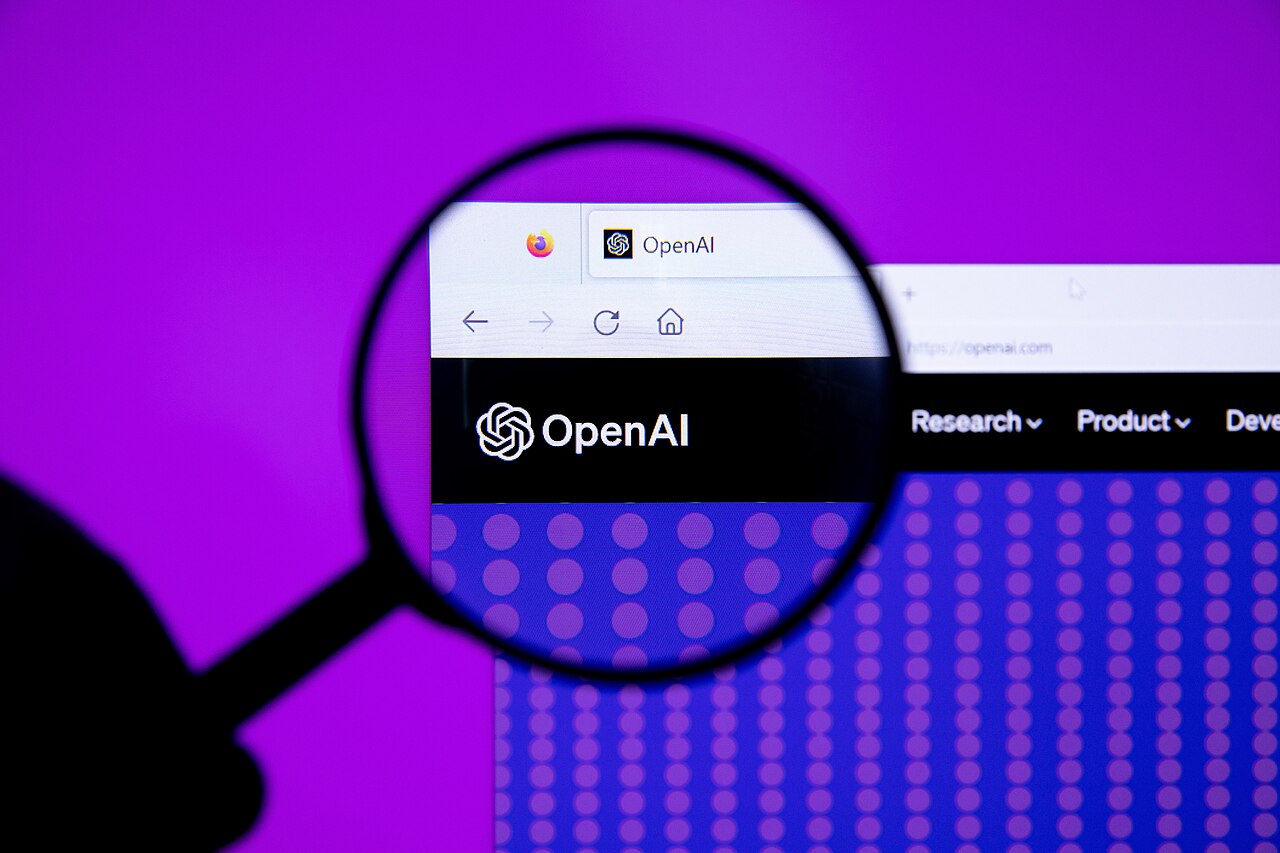As nations worldwide brace for pivotal elections in 2024, OpenAI, the influential creator of ChatGPT, just emerged as a trailblazer. It unveiled a comprehensive plan to address and mitigate potential misuse of its AI tools during the upcoming electoral season.
This strategic initiative, spanning over 50 countries, is designed to prioritize the dissemination of accurate voting information, enforce stringent policies, and enhance overall transparency. OpenAI’s proactive measures aim to ensure responsible AI development in the face of mounting concerns regarding the dissemination of misleading information that could impact critical electoral processes.
Key measures to safeguard elections
OpenAI’s multifaceted approach reflects a holistic strategy aimed at fortifying the ethical use of its AI technologies amidst the heightened scrutiny surrounding global elections. The commitment to thwart the creation of deceptive chatbots signifies the recognition of the potential impact these automated conversational agents can have on spreading misinformation.
By deploying advanced algorithms and monitoring mechanisms, OpenAI is actively working to identify and prevent the emergence of chatbots designed to manipulate public opinion. The goal is to ensure that digital discourse remains authentic and trustworthy.
The temporary suspension of applications for political campaigning demonstrates OpenAI’s conscientious effort to mitigate the potential misuse of its tools. This strategic decision acknowledges the susceptibility of AI applications to be exploited for political purposes. The temporary pause allows OpenAI to reassess and strengthen its policies to better align with the principles of responsible AI development.
In addition, the pause serves as a proactive measure to prevent any inadvertent contribution to the proliferation of misleading information. Furthermore, it ensures that the company’s technology is not inadvertently utilized in ways that may compromise the integrity of the democratic process.
Furthermore, the implementation of digital watermarks on AI-generated images from the influential DALL-E image generator underscores OpenAI’s commitment to transparency and accountability. By incorporating unique identifiers into images created by the model, OpenAI aims to provide a means of tracking and verifying the origin of these visuals. This approach acts as a deterrent against the use of AI-generated content for deceptive purposes, offering a layer of traceability that can aid in identifying and addressing instances of misuse.
Read more: Canada’s privacy watchdog launches investigation into OpenAI
Read more: New York Times sues OpenAI and Microsoft for copyright infringement
Collaboration for reliable information dissemination
In a crucial move towards ensuring the accuracy of information available to voters, OpenAI has forged a collaborative effort with the National Association of Secretaries of State. This strategic partnership directs users of ChatGPT with voting-related queries to the nonpartisan website CanIVote.org.
By actively working with election authorities, OpenAI seeks to contribute to the availability of reliable and unbiased information during the crucial 2024 election period. While experts praise these proactive measures, ongoing concerns underscore the evolving challenges in managing the intricate relationship between AI and the electoral process.
OpenAI’s CEO, Sam Altman, emphasized the need for ongoing vigilance. A key is maintaining a tight feedback loop to address emerging challenges in the rapidly evolving landscape at the intersection of technology and democracy. Finally, OpenAI’s actions underscore the critical role that tech giants can play in fostering a trustworthy and secure electoral environment through innovative and conscientious AI governance.
zartasha@mugglehead.com












